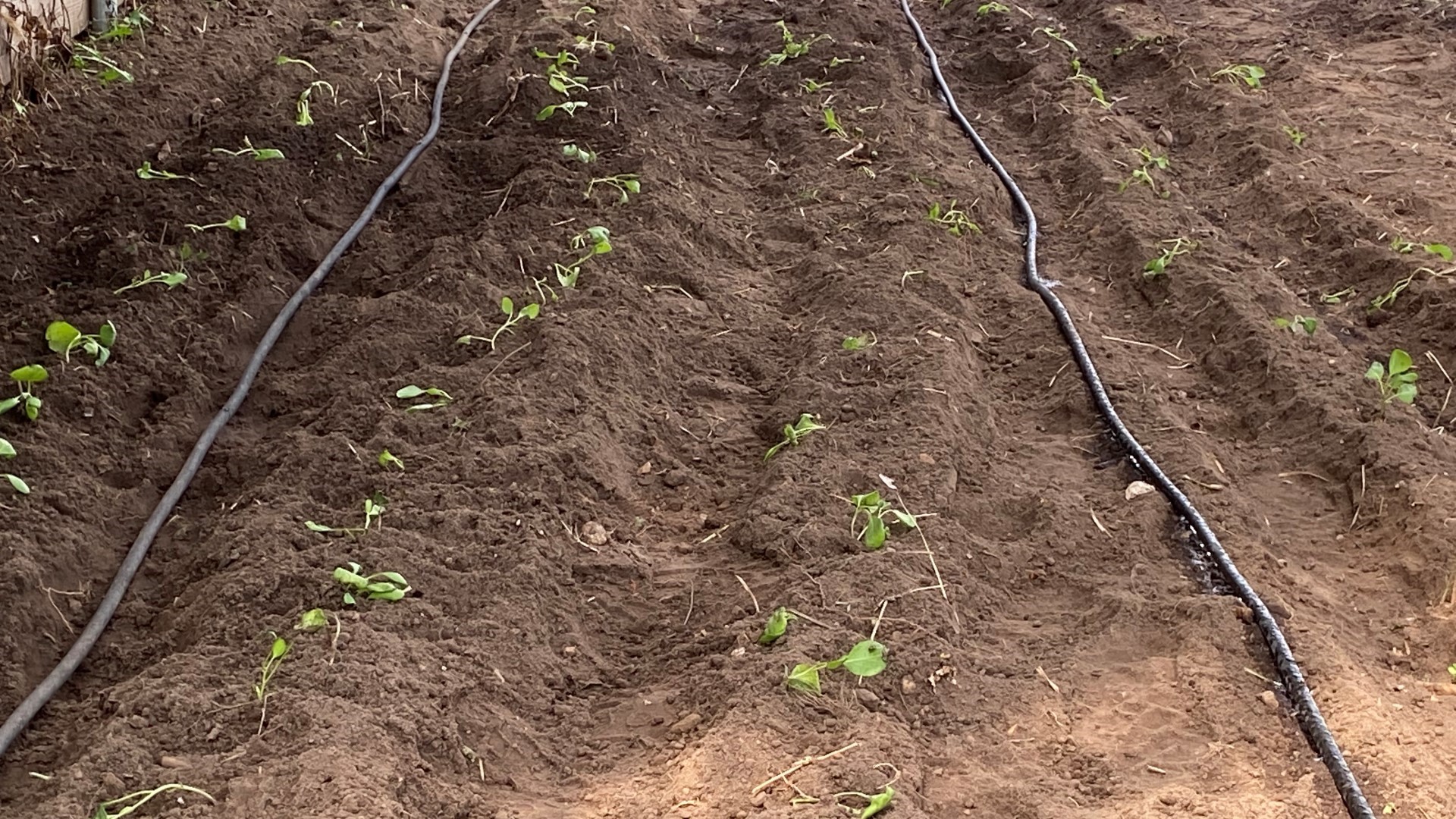
Optimizing Fertilizer, Lime, & Residue Management
The workshop will cover essential topics such as creating fertilizer schedules, fertilizer calculation, composting methods, and the benefits of integrating crop residues into soil management practices. Participants will have the opportunity to engage in practical exercises such as building compost piles and applying fertilizers. Additionally, the workshop will introduce relevant NRCS conservation practices and resources, helping producers develop conservation plans tailored to their specific needs. By the end of the training, participants will be well-equipped with the knowledge and skills to improve their soil fertility management practices and enhance the sustainability of their farming operations.
Agenda
- Optimizing Fertilizer Use for Small-Acreage Farms. Participants will practice creating a fertilizer schedule based on crop needs and farm conditions.
- Organic and Conventional Fertilizers. Participants will practice calculating the correct amount of fertilizer and learn application techniques for both organic and conventional fertilizers.
- Composting and Crop Residue Management. Participants will build a compost pile and learn how to manage crop residues on their farm.
- NRCS Conservation Practices and Resources. Participants will use their farm data to develop a basic conservation plan that includes soil fertility management practices.
Persons with disabilities who require accommodations to participate in this meeting should contact Joyce Jenkins at (601) 845-2214, or dial 7-1-1 to access telecommunication relay services.
This event is sponsored by a USDA-NRCS Racial Equity and Justice Conservation Cooperative Agreement with The Piney Woods School. USDA is an Equal Opportunity Employer, Provider, and Lender.
Sponsors
-
The Piney Woods School
-
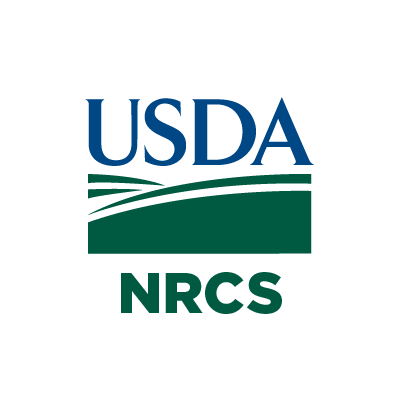 USDA Natural Resource Conservation Service (NRCS)
USDA Natural Resource Conservation Service (NRCS)

Speakers
-
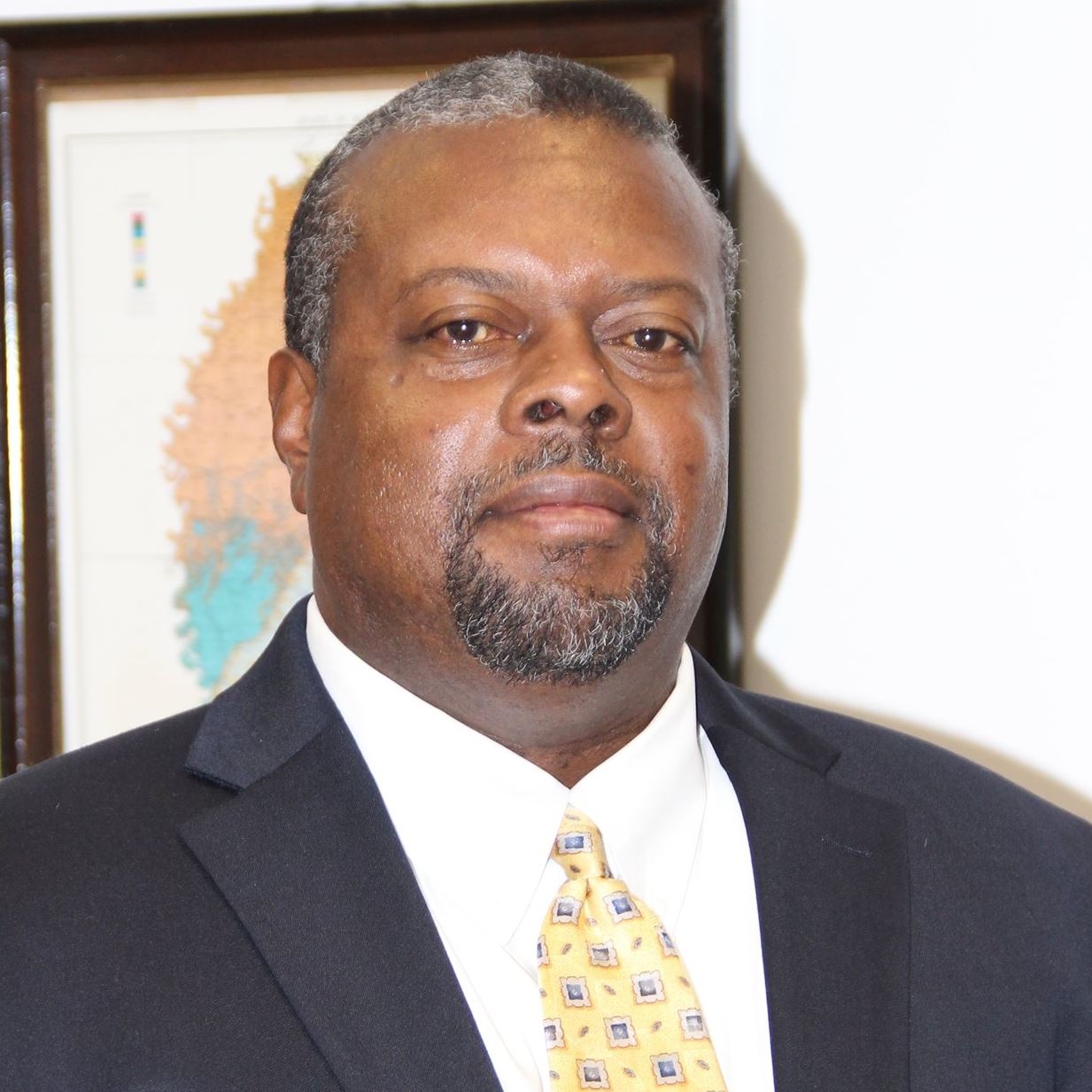 Delaney JohnsonSoil and Conservation Science Director, Up in Farms
Delaney JohnsonSoil and Conservation Science Director, Up in FarmsMr. Johnson joined Up in Farms after a prestigious 30+ year career at USDA NRCS, including a 12-year term as the State Soil Scientist for Mississippi. Mr. Johnson’s experience in both soil science and conservation make him an indispensable fount of knowledge for technical support and training for our farming community.



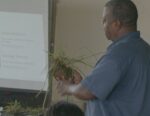
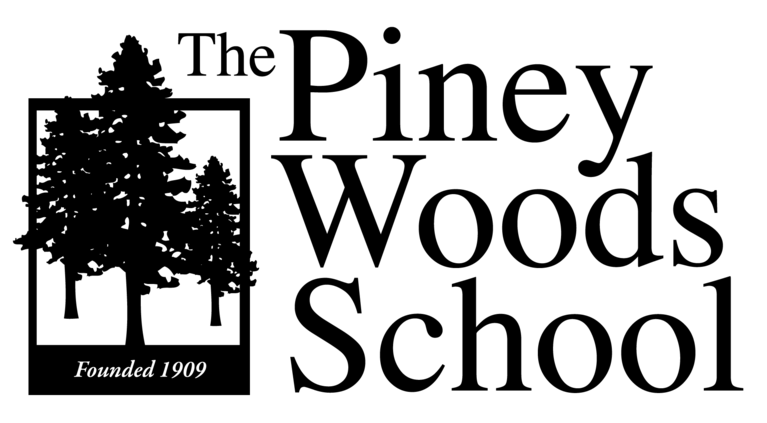



Responses